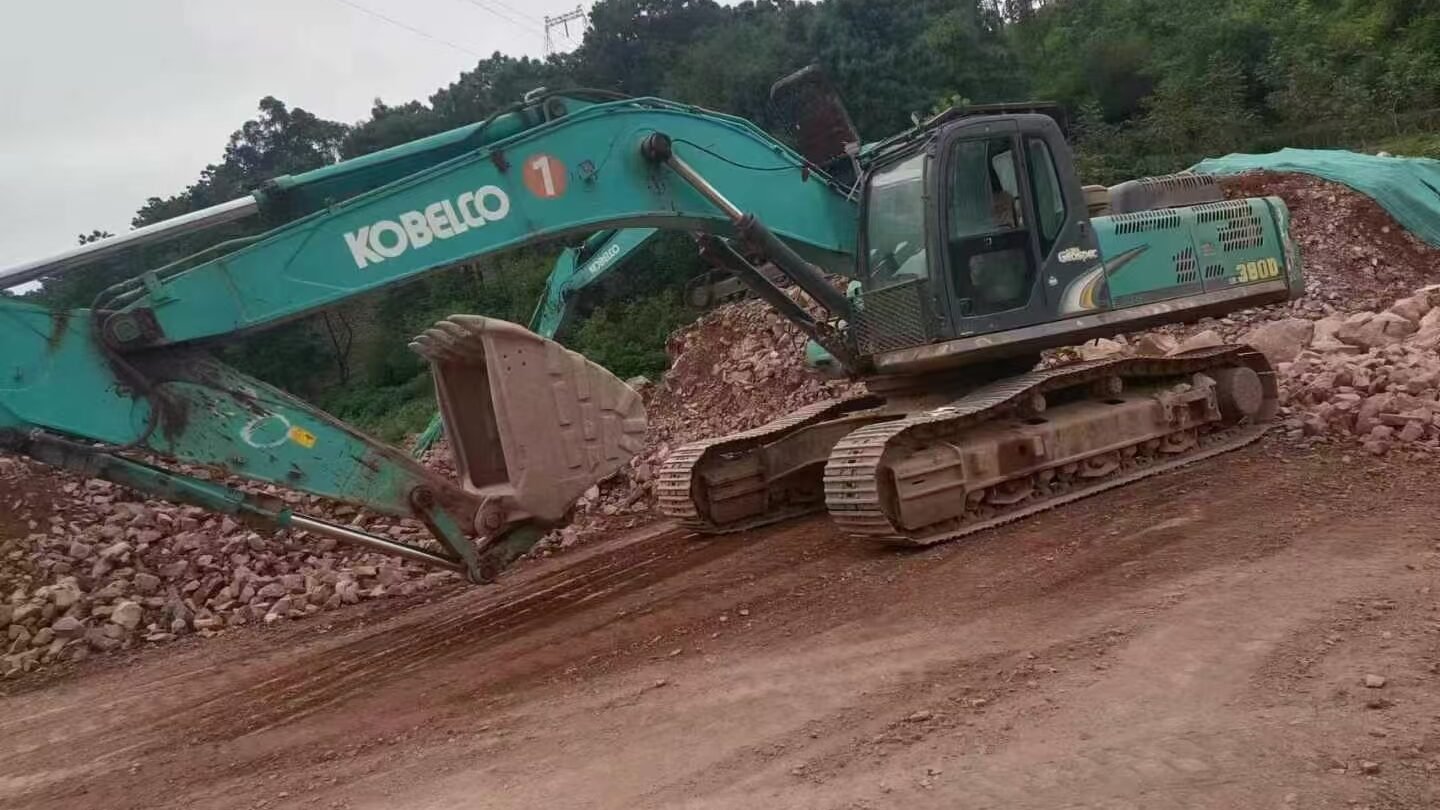I. Introduction
A. Background of the Used Excavator Market
- Q: Why are more and more companies choosing used excavators?
- A: With the continuous growth of the construction industry and infrastructure projects, many companies find that used excavators offer a cost advantage. Compared to new equipment, used excavators are more affordable but can still provide reliable performance and efficiency when properly maintained, making them an ideal choice for companies looking to reduce capital expenditure.
B. Importance of Maintenance and Care
- Q: Why is regular maintenance and care crucial for used excavators?
- A: Regular maintenance not only extends the lifespan of the equipment but also reduces the frequency of breakdowns, ensuring efficient operation during critical times. An effective maintenance strategy can also lower long-term operating costs and enhance overall return on investment.
II. Key Steps for Regular Maintenance
A. Daily Checks
- Q: What should daily checks include?
- A: Daily checks should cover basic items such as hydraulic oil, fuel, battery charge, lubricating oil, and tire pressure. It’s also important to inspect for hydraulic system leaks, wear on hoses, and the condition of electrical connections.
- Q: Why are daily checks important?
- A: Daily checks help identify potential issues early, preventing minor faults from escalating into major problems, thus reducing downtime and repair costs. Regular checks keep operators informed about the equipment’s condition, ensuring it remains in optimal working order.
B. Regular Oil Changes
- Q: Which oils need to be changed regularly?
- A: Key oils include hydraulic fluid, engine oil, transmission fluid, and lubricating oil. Regular changes ensure the equipment operates smoothly and minimizes wear.
- Q: How can you determine when to change oils?
- A: Customers should follow the recommendations in the equipment’s manual and monitor the actual running hours to schedule oil changes. Keeping a record of each change can help establish a more effective maintenance plan.
C. Filter Maintenance
- Q: What types of filters are there?
- A: The main filters include hydraulic oil filters, air filters, and fuel filters. Each type plays a critical role in ensuring the equipment runs with clean fluids, protecting internal components.
- Q: How can you ensure filters are functioning properly?
- A: Regularly inspecting and replacing filters is key to maintaining their effectiveness. It’s advisable to clean and replace filters according to the manufacturer’s recommendations and based on usage conditions to ensure optimal performance.

III. In-Depth Maintenance of Equipment
A. Regular Professional Inspections
- Q: Why is it necessary to have professional technicians conduct inspections?
- A: Professionals have the experience and skills to identify potential hazards and provide expert maintenance advice. They can perform deeper diagnostics, such as pressure testing the hydraulic system and checking electrical systems.
- Q: When should in-depth inspections be conducted?
- A: In-depth inspections should be done after a certain number of operating hours or whenever the equipment shows signs of abnormal function to ensure it remains in peak condition.
B. Maintenance of Key Components
- Q: What are the key components?
- A: Key components include the engine, hydraulic system, transmission system, and tracks. The proper functioning of these parts directly impacts the performance and safety of the entire excavator.
- Q: How should these key components be maintained?
- A: Regular checking, cleaning, and replacing parts as necessary are crucial for maintenance. Maintaining clean hydraulic fluid at appropriate levels and regularly checking the engine’s cooling system are essential for optimal operation.
IV. Operator Training and Awareness
A. Importance of Training
- Q: Why is operator training crucial?
- A: Trained operators are better equipped to understand the equipment’s operation and maintenance needs, reducing the risk of damage from improper use and enhancing efficiency and safety.
B. Enhancing Operator Awareness
- Q: How can operator maintenance awareness be improved?
- A: Regular safety and maintenance training can increase awareness of the importance of care and maintenance. Using real-life cases and data analysis can illustrate the benefits of good maintenance practices.
- Q: What daily operations should operators pay attention to?
- A: Operators should be vigilant for unusual sounds, vibrations, or performance declines and report any issues promptly. Establishing a feedback mechanism ensures that problems can be resolved quickly.
V. Conclusion
A. Summary of Key Maintenance and Care Points
- Q: How can the long-term use of used excavators be ensured?
- A: By implementing regular maintenance, conducting in-depth inspections, and providing operator training, the lifespan of used excavators can be significantly extended, ensuring efficient operation during critical projects.
B. Practical Recommendations
- Q: What practical advice can be offered to users of used excavators?
- A: Users should develop a detailed maintenance plan and keep records of all maintenance activities to ensure the equipment remains in optimal condition. Additionally, maintaining good relationships with suppliers can provide technical support and parts availability.



